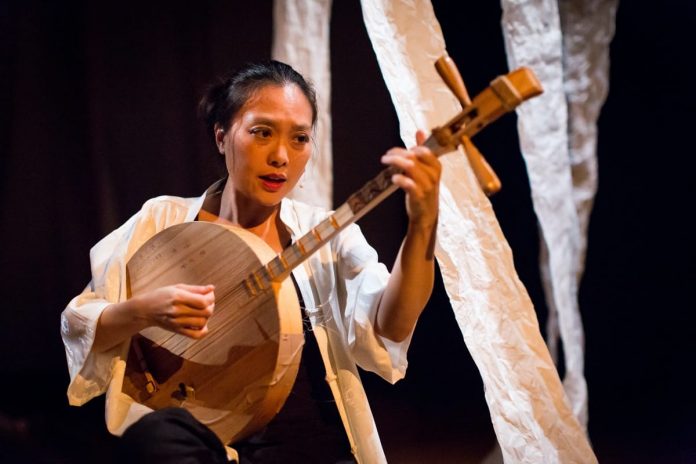The Berklee Institute for Jazz and Gender Justice has got together with NYC Winter Jazzfest, The New School, and M³ (Mutual Mentorship for Mentorships) to form This Is A Movement: Towards Liberation. The movement aims to create a more equitable music industry – “particularly in the jazz and creative space” and to do so, according to its publicity, “through the lens of an intersectional Black feminist provocation”.
The movement will gather 15-17 January at Winter Jazzfest 2022 to hold a gender symposium featuring among others Terri Lyne Carrington and Linda May Han Oh. The topics for discussion will include parenthood, caregiving, self-identity, mental health and gender discrimination, as well as the imbalance of representation in festival lineups, venue programming and on the bandstand. However, no details are given of the black feminist provocation.
Sara Serpa and Jen Shyu, co-founders of M³, suggest that persons of masculine disposition have muscled in to the performance space after the pandemic: “Of the groups that the pandemic has hit, artists are one of the most devastated, and if we look at who’s now performing at major venues and festivals, we can see the obvious: the absence of women and non-binary musicians in the comeback.”
The publicity for the new movement says that Winter Jazzfest “has become a pivotal destination for any arts leaders and cultural cognoscenti who visit the city early in the year” and has “cemented a reputation as a hotbed of cultural discovery”.
It notes that the Berklee Institute of Jazz and Gender Justice, founded in 2018 by drummer Terri Lyne Carrington, seeks a jazz without “patriarchy” and recognises “the role that jazz can play in the larger struggle for gender and racial justice and equity”.
It also profiles M³ (Mutual Mentorship for Musicians), describing it as “a platform created to empower, elevate, normalize and give visibility to women, non-binary musicians and those of other historically underrepresented gender identities in intersection with race, sexuality, or ability across generations”.
It adds that the School of Jazz and Contemporary Music at the New School, counting among its teachers Mary Halvorson and Jane Ira Bloom, has provided “a safe space for culturally productive conversations around gender”.
Berklee are also involved with Next Jazz Legacy, a mentorship scheme to increase opportunities for women, non-binary and transgender players.
From the late 1950s to the 1970s Berklee provided a grounding for many leading musicians, including Gary Burton (1962), Vinnie Colaiuta (1975), Donald Fagen (1966), Bill Frisell (1977), Jan Hammer (1969), Roy Hargrove (1989), Bob James (1958), Diana Krall (1983), Jeff Lorber (1971), Joe Lovano (1972), Branford Marsalis (1980), John Scofield (1973), Ernie Watts (1966), Jeff “Tain” Watts (1981) and Joe Zawinul (1959).
















